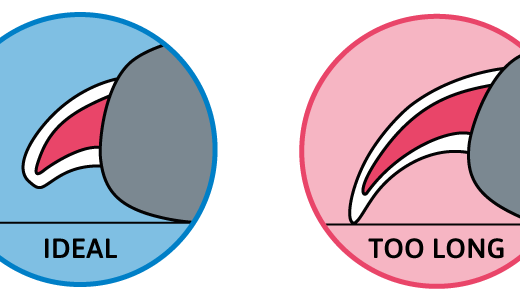You just got home from a long day at work, and your dog is running around the house with an abundance of energy. Although you can’t help but marvel at their enthusiasm, you quickly remember – it’s bedtime!
To curb your dog’s energy, you try to take your pup outside for a quick walk, maybe that will tire them out enough for bed. But they seem even more energized by the change of scenery and are still wide awake when you get back in the house.
That’s when it clicks – you need to try melatonin!
Chances are you’ve heard about melatonin use in humans, but is it safe for dogs? And how much should you give your dog? Where do you start?
In this article, we’ll answer all your questions about Melatonin for dogs, including:
- What is melatonin, and what are its benefits for dogs?
- How do you choose the right dose for your pup?
- What are the potential risks associated with giving your dog melatonin?
We’ll also discuss how to integrate melatonin into your pet’s daily routine to ensure they get the most out of this powerful supplement.
So let’s get started!
What is Melatonin?
Melatonin is a naturally occurring hormone made by the pineal gland in both humans and animals. It helps regulate the body’s circadian rhythm – or sleep patterns – by signaling to the brain when it’s time for relaxation.
In dogs, melatonin not only plays a role in regulating their sleep-wake cycles but also offers other health benefits, such as reducing inflammation and alleviating stress.
In addition, it has been found to effectively treat dogs plagued with several illnesses, such as separation anxiety, sleep issues, allergies, and even cancer.
What is the circadian rhythm?
The circadian rhythm is an internal biological clock that runs on a 24-hour cycle. It controls when you feel alert and when you feel tired, as well as other bodily functions like hormone production.
In dogs, the circadian rhythm helps them recognize day from night. When their environment is disrupted or they experience stress, their normal sleep pattern can become disrupted too. This is where melatonin comes in – it helps restore their natural sleep-wake cycle so that your pup can get back to feeling happy and energized again!
What things can disrupt a dog’s sleep cycle?
There are a few things that can disrupt your pup’s sleep-wake cycle:
- Changes in environment like traveling or moving to a new home
- Age-related sleep problems in older dogs
- Stress from a new pet
- Illness or pain
- Loud noises or bright lights at night (like thunderstorms or fireworks)
- Stress from being separated from their owners for long periods
- Certain medications that cause disruptions in the circadian rhythm
Chemistry behind melatonin
Melatonin is a chemical compound consisting of protein and indole, which is derived from the amino acid tryptophan. It works by binding to melatonin receptors in the brain which regulate the body’s circadian rhythm. This hormone helps signal to the body when it is time to wake up and when it is time for relaxation.
Natural production cycle of melatonin in humans and animals
In humans and animals, melatonin production is stimulated by darkness. As the sun sets and night falls, the pineal gland produces more of this hormone which signals to the body it is time for sleep.
On the other hand, when daylight hits the eye (in humans) or fur (in animals), it sends a signal to stop producing melatonin and start producing cortisol – a hormone that gives us energy during the day.
Melatonin levels tend to peak in humans around midnight, while they peak in dogs during dawn and dusk. This is why giving your pup an extra dose of melatonin at night might be beneficial if they’re having trouble falling asleep or staying asleep.





